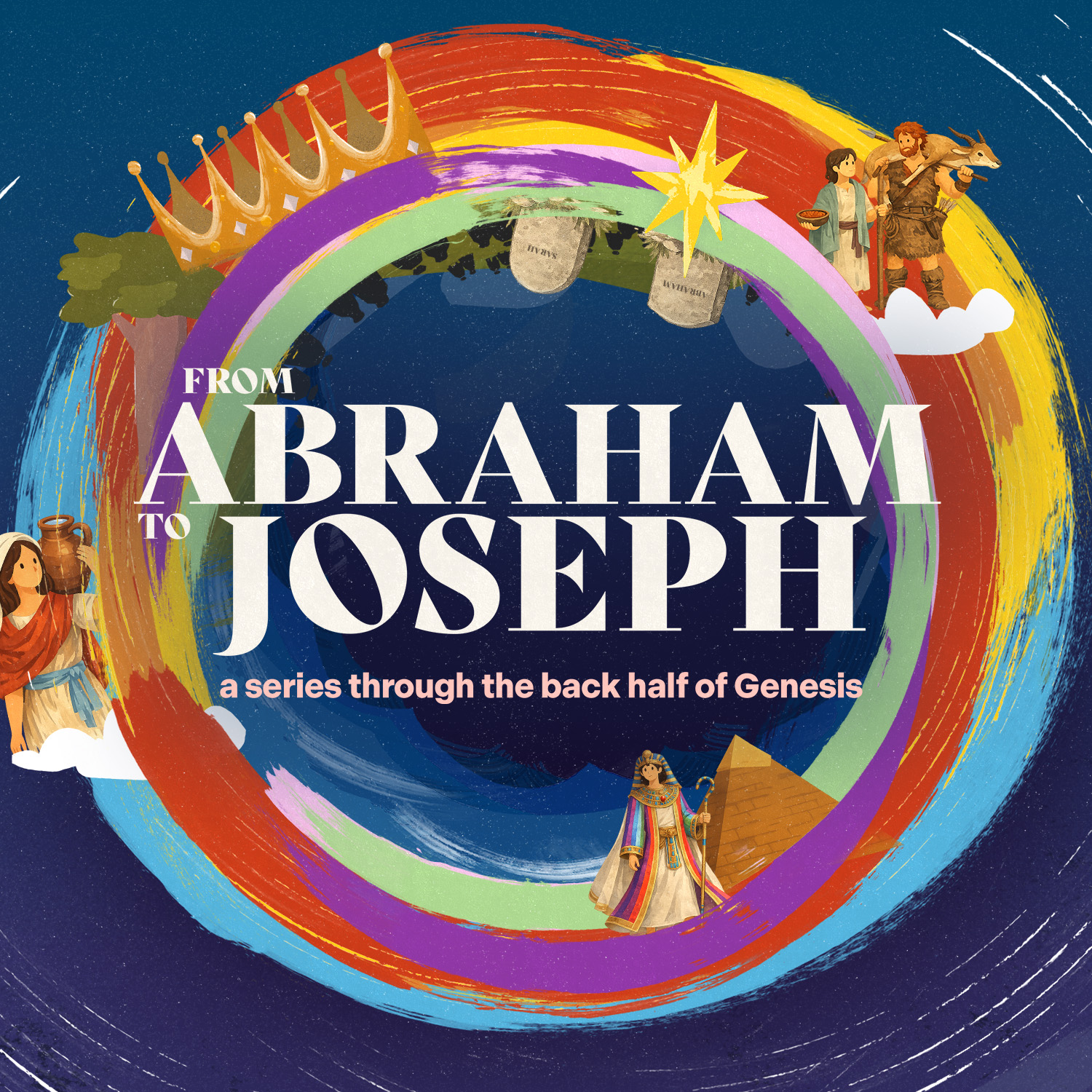THE CREATION ACCOUNT IN GENESIS
The vast majority of people in this country (and many other countries) are taught in science classes (usually in public schools) that the world is incredibly old, and that it got into its current condition by a very slow evolution.
Once this is believed, it is very difficult to believe the account of the beginning of the world as found in the first chapter of the Bible. After all, Genesis says that one day God simply said “Let the earth produce vegetation” and it was so. And the implication (see Genesis 1:8-13) is that all of the vegetation came into existence on the same day. In fact, the whole creation account in Genesis 1 takes place over the course of just six days.
So, one major objection to Christianity is: I believe what my science class taught me. Genesis doesn’t fit with what I learned. Genesis is in the Bible, so I reject the whole thing.
That is unnecessary for two reasons: #1) A literal understanding of Genesis chapter 1 is technically not part of the gospel and #2) Even if it were, there are good reasons to believe that Genesis 1 is true (in a literal sense.)
In this article (part 2), we will cover the first of those two reasons, and leave the second for the final article (part 3) of this series.
Reason #1: A literal understanding of Genesis 1 is not part of the gospel.
I suppose some young earth creationists might find this to be controversial, but I think it’s still obviously true. Genesis 1 is not the gospel of Jesus Christ.
When the apostle Paul describes the “gospel” in 1 Corinthians 15, he says that it is: “that Christ died for our sins according to the Scriptures, that He was buried, that He was raised on the third day according to the Scriptures…” This is followed by a description of hundreds of people who saw Jesus alive after His death. And the same chapter also says that faith in this gospel saves them.
Now, I will concede that the gospel could actually entail more than what Paul says in those verses. For instance, a person who is completely unfamiliar with any and all Christian concepts would certainly need more words describing what is meant by “sin” and “saved” in order to truly follow Jesus. So, it’s fair to say the gospel involves a bit more than the shorthand that Paul uses in 1 Corinthians 15. Nonetheless, I still think that if a specific belief in a six-day creation were necessary for salvation, Paul might have included here or in other places when he referred to the gospel. The fact is, he doesn’t really ever include it.
Similarly, in Acts 16, when Paul is asked, “What must I do to be saved?” his response was “Believe on the Lord Jesus Christ and you will be saved.” Again, this is shorthand for a larger concept, but, again, he doesn’t mention that one must believe that God created the earth in six literal days in order to be a follower of Jesus. In fact, I can’t think of any place in Scripture where a six-day creation belief is required for someone to become a Christ-follower.
Paul does include a reference to creation in his gospel presentation to the Athenians in Acts 17, but in that case, he teaches the people (remember these were Greek people who would not have believed in Genesis) that God “made the world and everything in it.” There doesn’t seem to be any emphasis on the importance of believing that the creation took place over the course of six literal days. And if that belief were absolutely necessary, it is interesting that it was left out yet again.
One could argue that believing in a literal Adam (from the Adam & Eve story in Genesis) is an important part of the gospel presentation in the book of Romans (see Romans 5:12-17) but even then, that doesn’t require a literal six-day creation to be believed. There are a number of Christians who believe in a literal Adam, but not in a literal six-day creation.
There have been many Christians who I respect (people like C.S. Lewis, John Piper, and Tim Keller) who do not believe that God created the earth in six literal days. And, yet, I still believe these men are my brothers in Christ. They believe the Bible, but they interpret it differently than six-day creationists do.
There are many Christians who believe that God actually created the world over a long period of time, or they believe that He created it a long, long time ago. Many of those Christians believe that Genesis 1 is a poem about creation that is not be taken literally (that it is a metaphor meant to communicate theological truth, not scientific or historical truth). Other Christians may believe that Genesis 1 is a description of six days, but that it is a description of God taking an already created (and somewhat chaotic) world and then preparing it (and the Garden of Eden) for Adam and Eve.
I’m not saying any of this to persuade anyone to not believe in a literal understanding of Genesis 1. In fact, I’ll defend that perspective in part three of this series. But at this point, I’m merely saying that it need not be an obstacle toward faith in Jesus Christ.
To be a follower of Jesus Christ, one must deal with the claims that He made, and the truth regarding His life, death, and resurrection. Did Jesus really die for sins? Did His death really accomplish my salvation? Did He really conquer death? Is He really from heaven, and is He really the Lord of the world, and the One who I must trust in, submit to, and worship? Those are the questions to deal with!
Genesis 1 is very important, but not a good reason to reject following Jesus.

